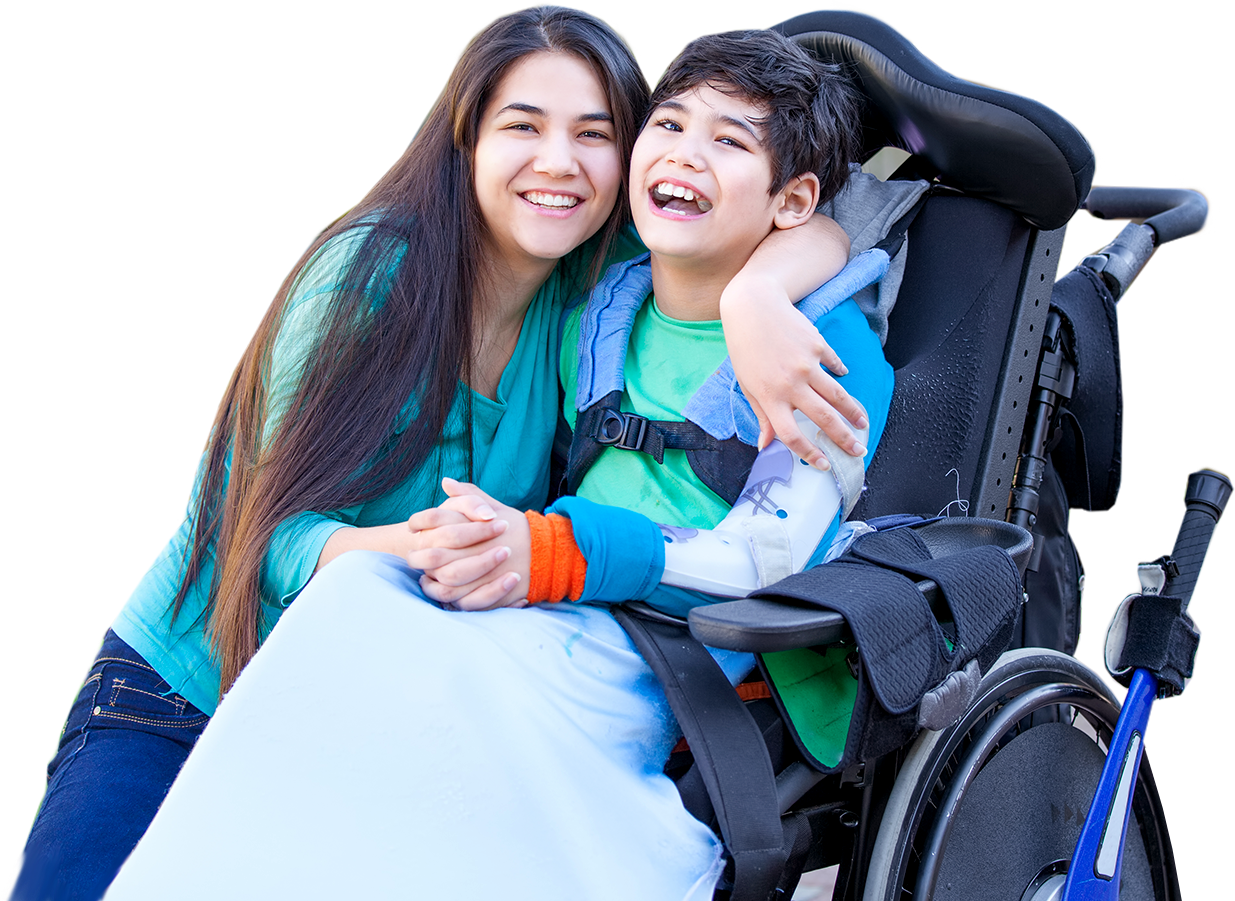CPFN Blog
advice to better care for your child

- Alternative
- Assistive Technology
- Associated Conditions
- Birth Injury
- Causes of Cerebral Palsy
- Cerebral Palsy Diagnosis
- Cerebral Palsy Information
- Cerebral Palsy Therapies
- Cerebral Palsy Treatments
- Child Development
- Doctor Visits
- Education
- Equipment
- Featured
- Legal Help
- Medical Research
- News
- Patient Care
- Prenatal Care and Childbirth
- Stories
- Tips for Parents
- Types of Cerebral Palsy
- Updates
Potential Signs of Cerebral Palsy in 7-8-Month-Olds
Most children in the United States are not diagnosed with cerebral palsy until they are 2 years of age, on average. However, many children show signs of this condition at a much earlier age. Early diagnosis often leads to better outcomes as children can enter early intervention programs sooner. Take a closer look at some... Read More
What Are the Potential Signs of Cerebral Palsy in 9-12-Month-Olds?
The time leading up to a baby’s first birthday is very exciting for many families. However, it’s also a time that some parents realize their child isn’t meeting common developmental milestones. The following behaviors could be a sign that your 9- to 12-month-old child has cerebral palsy. Motor Skill Difficulties in 9- to 12-Month-Olds Most... Read More
What Are the Potential Signs of Cerebral Palsy in 5-6-Month-Olds?
Cerebral palsy (CP) happens when brain damage affects an individual’s ability to control muscle movements adequately. Several conditions can result in this type of brain injury, including lack of oxygen, maternal infection, head injury, bleeding in the brain and problems with blood supply getting to the brain before birth. While some families may receive a... Read More
Potential Signs of Cerebral Palsy in 3-4-Month-Olds
Cerebral palsy (CP) is a disorder that affects brain development and typically results in movement issues and abnormal muscle tone that can affect a child’s motor and normal developmental skills. CP is often caused by complications during labor and delivery, or circumstances immediately after birth. While it’s possible for a child to receive a CP... Read More
What Are the Potential Signs of Cerebral Palsy in Infants and Toddlers?
Cerebral palsy is typically characterized by a child’s inability to control their muscles, and it may be first apparent in a child’s struggle to achieve developmental milestones. Sometimes, CP is the result of brain damage sustained during labor and delivery. While some children with CP receive a diagnosis in the first few months of birth,... Read More
Cerebral Palsy Nutrition Guide
All children need a nutritious and balanced diet for healthy development. But children with cerebral palsy have certain physical challenges and potential nutritional deficiencies that make it crucial to carefully monitor and plan their daily diet. For those reasons, nutrition therapy is often an integral part of caring for a child with CP. Do Children... Read More
Cerebral Palsy and Dental Care
Cerebral palsy doesn’t cause oral abnormalities on its own, but children with cerebral palsy can be more susceptible to oral hygiene conditions and complications than the general population. Cerebral palsy dental care is an important part of managing your child’s life. With routine dental checkups and regularly practiced oral care at home, your child can... Read More
Can CP Be Cured?
Cerebral palsy (CP) is a group of disruptions to normal movement, posture, balance, and muscle function, usually caused by damage to the brain as it grows. CP is the most common childhood neurological disability, affecting more than 500,000 people in the United States. It is more common in boys than girls and results in varying... Read More
Sarnat Staging: What are the Stages of Hypoxic-Ischemic Encephalopathy?
Hearing the news that your baby has a birth injury is never easy, and many parents want to understand as much as possible—as quickly as possible—about what their child is going through. Read on to learn about Hypoxic-Ischemic Encephalopathy (HIE), Sarnat scores, and what a Stage I HIE, Stage II HIE, or Stage III HIE... Read More
Prenatal Testing and Care: How to Earn an “A”
There’s so much to prepare for during your pregnancy and, while most of that preparation is exciting—choosing a name, decorating the nursery and indulging your strange cravings—it can be a bit nerve-wracking to think about all the medical tests and doctor visits ahead. Those routine checkups and prenatal screening tests help your healthcare provider learn... Read More
